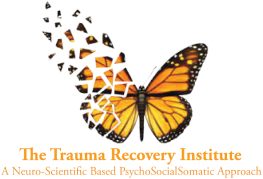Lifestyle Medicine
There is nothing simple when it comes to anything about human beings, our behaviour, our brains, our cells, our systems, our diets and our diseases. Everything is complex and involves complex interactions implicit and explicit. The current way of thinking about disease, looking at disease and attempting to treat disease or even prevent disease is a reductionist model. When something is reduced it is narrow and simplistic which can be manualised and systematised but this approach looses sight of the bigger picture, the nuances, the complex interplays of body and environment and absolutely the root causes of the illness. A problem can not be addressed and solved without understanding all the possible factors involved in the problem. A trauma informed lifestyle medicine approach is a multi-disciplined consilient view of a client and their presentations, our approach is influenced by systems medicine and functional medicine but differs in our much greater focus on lifestyle, childhood adversity and quality of relationships which is to understand that the body is a system of complex systems which involve numerous complex processes, pathways, genetic expressions upregulated and down regulated sensing internal and external environments influenced by perceptions and previous experiences and the stressed or safety status of the nervous system via neuroception, and that all of this is much more shaped by childhood experience and relationships than any other factor thus the same is true for its treatment. A true healthcare approach must incorporate this consilient view and include models such as polyvagal theory, attachment theory, cell danger response theory and functional medicine, lifestyle medicine and culinary medicine. Our specialised advanced version of lifestyle medicine is trauma and polyvagal informed grounded in interpersonal neurobiology and so we put a greater focus on the relationship part of lifestyle medicine and we include many more substances in the removal of toxic substances pert of lifestyle medicine. Our position is that the relationship section of lifestyle medicine is actually the most important section and area of focus because relationship is a biological imperative.
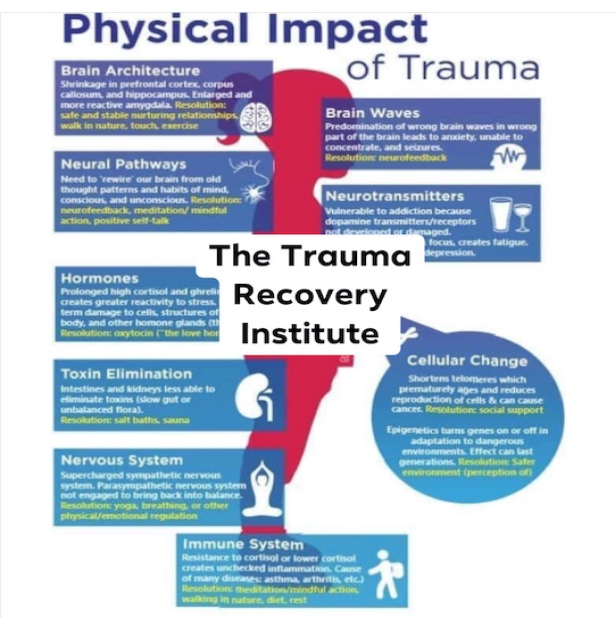
Chronic diseases are a consequence of interactions between a body and genome with the environment, including lifestyle and other risk/protective factors, throughout a life. In the clinic, these diseases express themselves often through comorbidities, whereas at the molecular and cell levels, most probably identifiable specific mechanisms and their alterations are responsible for a loss of physiological function through the age of the body. Biological complexity has forced molecular and cell biology into reduction and contextualization, with an ever-increasing degree of specialization. What is frequently lost or forgotten along this road of reduction, contextualization, and specialization is that the body is a system of systems with complex pathways and processes all speaking to each other and influencing each other in negative and positive cascades. Systems biology has taught us several lessons of which the following are of central importance : (i) many diseases have their origin in cellular malfunction, requiring a deep understanding of the mechanisms underlying cell functions; (ii) the emergence of diseases is a nonlinear dynamical phenomenon, requiring quantitative time-resolved monitoring of key biological parameters at the molecular, cellular, and physiological levels. Lifestyle Medicine is Preventive Medicine which we define as a comprehensive multidiscipline scientific approach to decreasing disease risk and illness burden by utilising lifestyle interventions such as plant based nutrition using culinary medicine approach, physical activity, stress reduction and management according to polyvagal principles, sleep hygiene, development and maintenance of healthy reciprocal relationships, including daily play and laughter, smoking cessation, and avoidance of other dangerous substances such as processed foods, sugar and alcohol.
The current healthcare system is not designed for disease prevention, it address symptoms poorly as they arrive without looking at a larger image of who the patient is and what may underlie the symptoms and what drives them. This system does not support health or does it address our disease epidemic. Personalized lifestyle medicine will be the key to empower patients to regain control of their health. As humans we are a dynamic expression of the bi directional interplay of body and mind, of body/mind and environment, of internal and external environment, Experiences become biology and our biology is dynamic, shifting and constantly reshaping with new experiences
trauma informed lifestyle medicine
Lifestyle Medicine is a branch of evidence-based medicine in which comprehensive lifestyle changes (including nutrition, physical activity, stress management, social support and environmental exposures) are used to prevent, treat and reverse the progression of chronic diseases by addressing their underlying causes. Lifestyle medicine is often prescribed in conjunction with our trauma recovery program incorporating insights from attachment research, polyvagal theory, cell danger response and interpersonal neurobiology. Lifestyle Medicine addresses the underlying causes of illness & disease, using a systems-oriented approach and engaging both client and clinician in a therapeutic partnership exploring diet, lifestyle, trauma history, relationships, body and stress.
Lifestyle Medicine addresses the underlying causes of illness & disease, using a systems-oriented approach and engaging both client and clinician in a therapeutic partnership exploring diet, lifestyle, trauma history, relationships, body and stress.
Lifestyle Medicine offers a powerful new operating system and clinical model for assessment, treatment, and prevention of chronic disease to replace the outdated and ineffective acute-care models carried forward from the 20th century. This approach incorporates the latest in cell biology, systems biology, health and longevity science and understanding of how environmental and lifestyle factors influence the emergence and progression of disease.
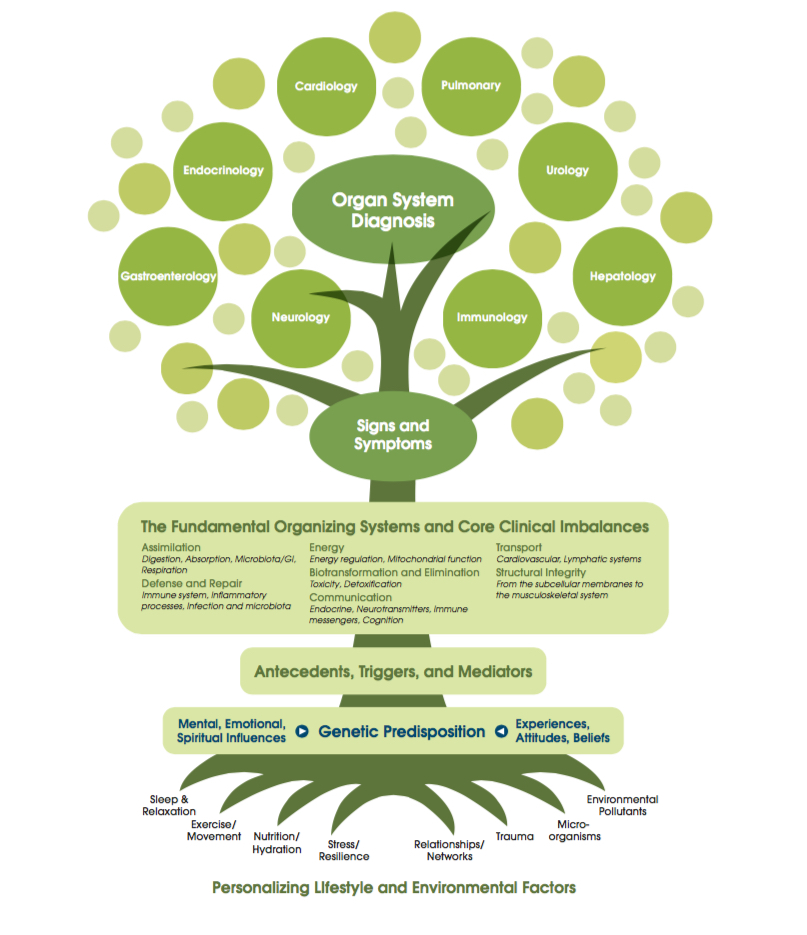
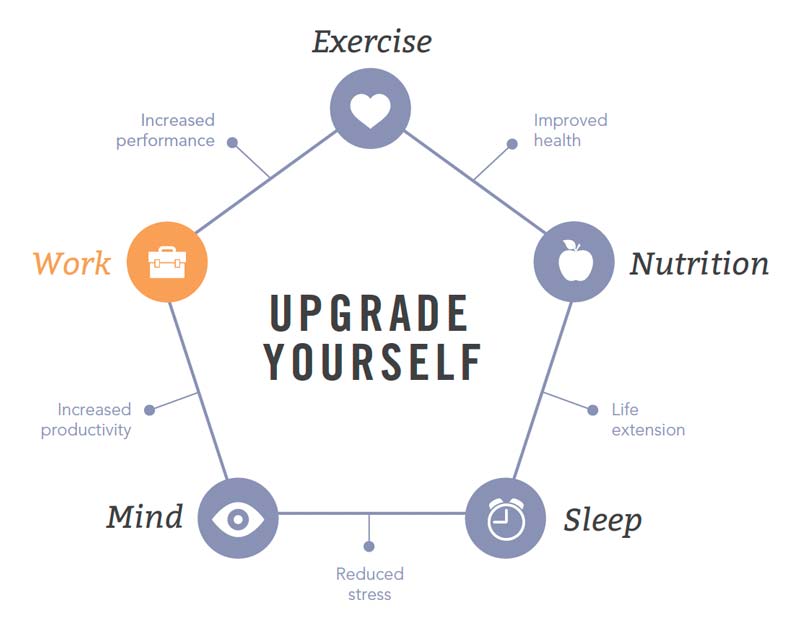
In order to keep a tree healthy and allow it to flourish, you need to support the most basic and essential elements first; the foundation: the roots and soil. Similarly, if a tree is not healthy, the first place you should look for answers is those same foundational elements. In Functional Health, the same approach applies to clients. The most important factors, and the ones we examine first when gathering information about the client, are the foundational lifestyle factors; sleep, exercise, nutrition, stress levels, relationships, microbiome and epigenetics. These are the roots and soil, which are in turn influenced by specific predisposing factors (antecedents), discrete events (triggers), and ongoing physiological processes (mediators), and may then result in fundamental imbalances at the trunk. These can eventually result in the signs and symptoms that are grouped into a diagnosable constellation that we call disease, represented by the branches and leaves.
stress & trauma and the nervous system
Exposure to stress, adversity, trauma and treat, particularly early in life, combined with a lack of adequate caregiving responses significantly affect the long-term capacity of the human organism to modulate the response of the sympathetic and parasympathetic nervous systems in response to subsequent stress. The sympathetic nervous system (SNS) is primarily geared to mobilization by preparing the body for action by increasing cardiac output, stimulating sweat glands, and by inhibiting the gastrointestinal tract. Since the SNS has long been associated with emotion, a great deal of work on the role of the SNS has been collected to identify autonomic “signatures” of specific affective states. Overall, increased adrenergic activity is found in about two-thirds of traumatized children and adults. The parasympathetic branch of the ANS not only influences HR independently of the sympathetic branch, but makes a greater contribution to HR, including resting HR. Vagal fibers originating in the brainstem affect emotional and behavioral responses to stress by inhibiting sympathetic influence to the sinoatrial node and promoting rapid decreases in metabolic output that enable almost instantaneous shifts in behavioral state. The parasympathetic system consists of two branches: the ventral vagal complex (VVC) and the dorsal vagal complex (DVC) systems. The DVC is primarily associated with digestive, taste, and hypoxic responses in mammals. The DVC contributes to pathophysiological conditions including the formation of ulcers via excess gastric secretion and colitis. In contrast, the VVC has the primary control of supradiaphragmatic visceral organs including the larynx, pharynx, bronchi, esophagus, and heart. The VVC inhibits the mobilization of the SNS, enabling rapid engagement and disengagement in the environment.
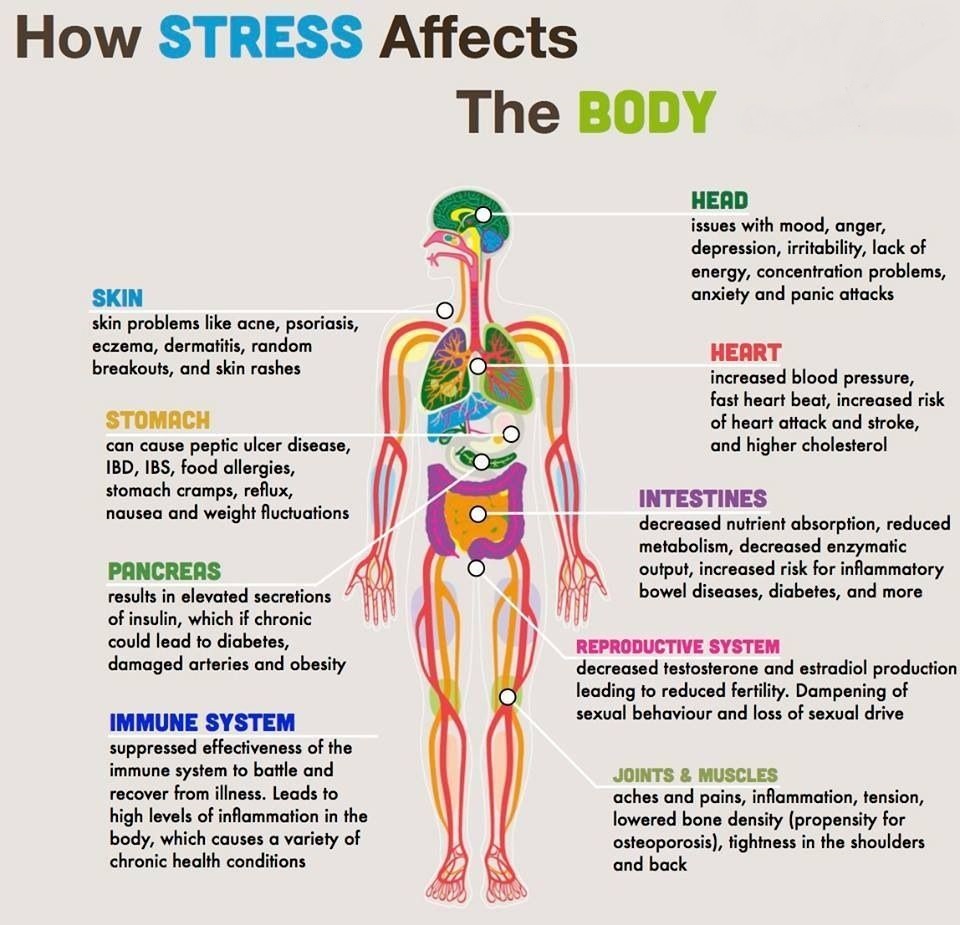
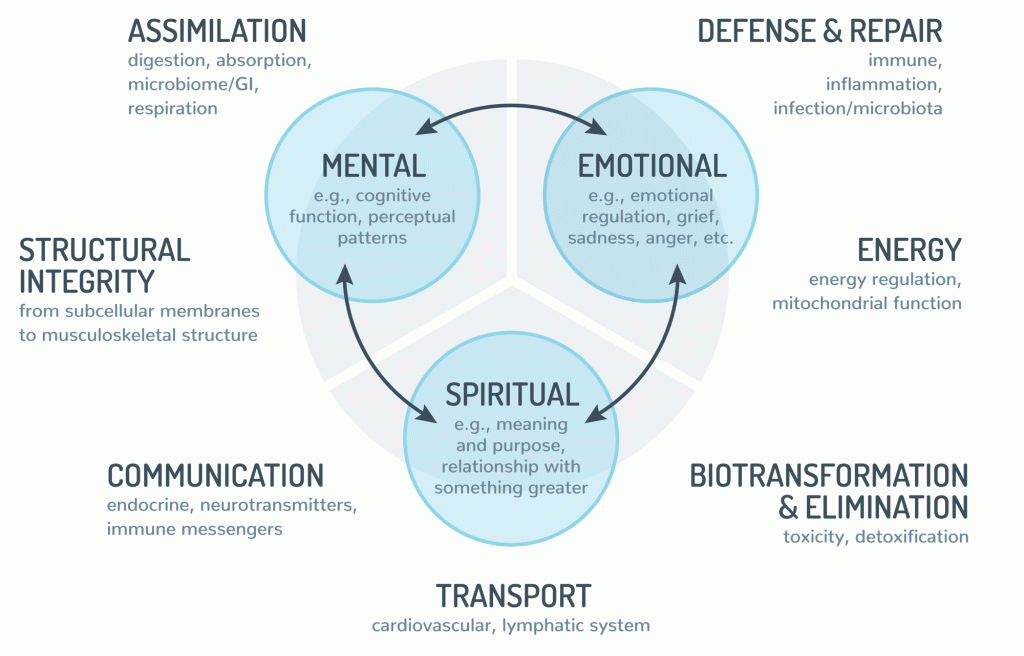
Medical Conditions, Stress & Trauma Presentations
- Aging
- Allergies
- Arthritis
- Asthma
- Attention Deficit Hyperactivity Disorder
- Autoimmune Disease
- Cardiovascular disorders
- Chronic Disea
- Chronic Fatigue Syndrome
- Chronic Pain
- Depression, Anxiety or Bipolar Disorder
- Diabetes
- Digestive disorders
- Eating Disorders
- Fatigue
- Female Disorders
- Fibromyalgia
- Gluten Sensitivity
- Hypertension
- Infections (acute and chronic low-grade such as Lyme, Candidiasis etc.)
- Insomnia and Sleep Disorders
- Male disorders
- Metabolic Syndrome (pre-diabetes, insulin resistance)
- Migraines and Headaches
- Multiple Sclerosis
- Neurodegenerative disorders
- Skin Disorders
- Stress-related Conditions
- Thyroid, adrenal and other hormonal disorders
- Weight or Metabolism concerns
lifestyle medicine consultation
For a comprehensive lifestyle medicine assessment to explore possible ways in which a trauma informed lifestyle medicine approach may help you on your journey to optimal health and assist you with problematic symptoms, book an initial consultation with us. We offer an in-dept comprehensive consultation and analysis of health history including lab results.In short, this is for a person looking to dramatically change the trajectory of their short and long-term health. A person willing to put in hard work to experience results that they were previously told was not possible. Lifestyle Medicine may be able to help you if you are struggling with but not limited to the following:
- Alzheimer’s Disease
- Cancers
- Parkinson’s Disease
- Multiple Sclerosis
- Chronic Migraine
- Depression
- Anxiety
- Fibromyalgia
- Low Energy
- PTSD
- Chronic Pain
- Poor Concentration
- IBS/IBD
- Sleep Problems
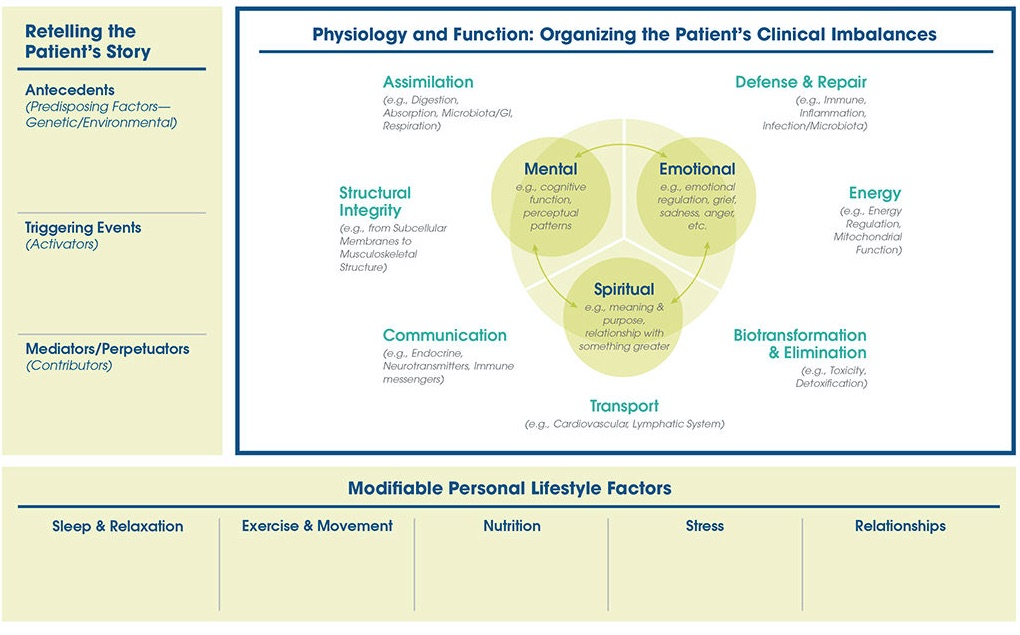
Book a Comprehensive Coaching Consultation
Trauma Informed Lifestyle Medicine & Plant Based Consulting
